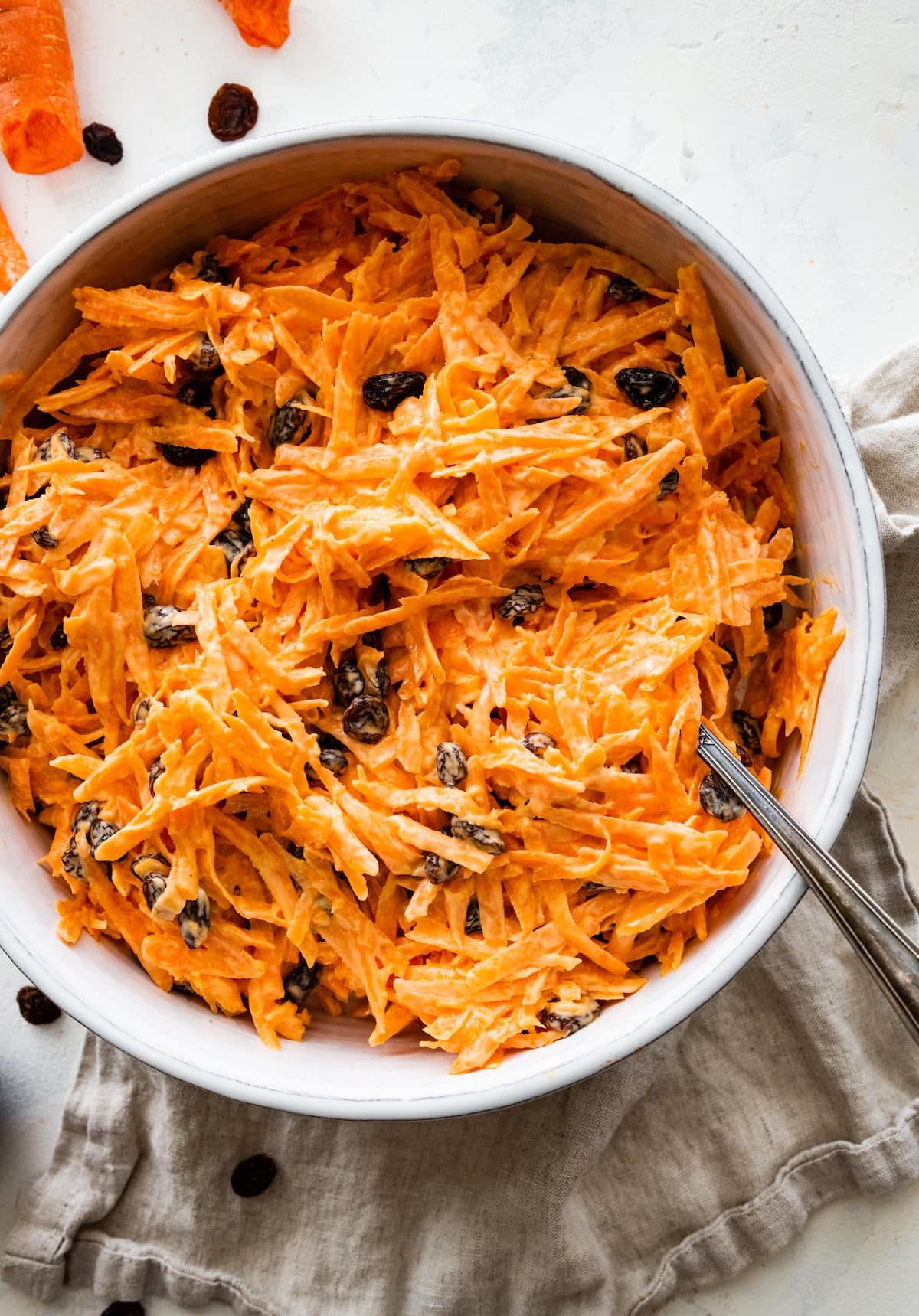Name an essential mineral that’s universally beneficial for all bodily functions.
You have 60 seconds to answer.
Whatever your answer is, we bet potassium isn’t the first mineral that pops into your mind. However it should be, potassium is something you should be consuming regularly as it has an abundance of short-term and long-term benefits that can transform your body and mind.
Dive in with us today as we uncover all the essentials you need to know about potassium, its benefits, sources and supplements.
Basic overview
Potassium is an essential mineral required for your body to function properly. Its main role is supporting nerve function and sending electrical impulses throughout your body. Potassium also helps manage the following body functions:
- Muscle contractions
- Nerve impulses
- Heart rhythm
- Water balance
- Blood pressure
- PH balance
- Move nutrients into cells
- Move waste products out of cells
So, how much potassium should you be taking a day?
Source: National Institute of Health
On average, you should aim to get these levels from a healthy, balanced diet packed with vitamins and minerals. However, if you can’t, it’s best to take Potassium Iodide– more about this later.
What are the benefits of potassium?
Potassium has a range of benefits for your body, such as:
Helps your nervous system
Your nervous system is one essential system that distributes messages from your brain and body. Messages are sent via nerve impulses to help control muscle contractions, heartbeat, reflexes and essential body functions. Nerve impulses are created through sodium ions moving into cells alongside potassium ions moving out. Low potassium levels can make it harder for your body to generate a nerve impulse.
It could help reduce blood pressure
Around 1 in 3 adults in the U.K. suffer from high blood pressure. High blood pressure can put you at significant risk of heart disease and stroke. Research shows that a potassium-rich diet may help remove excess sodium, reducing your blood pressure. Moreover, an analysis found that people who had high blood pressure and increased their potassium intake caused their systolic blood pressure to decrease by 3.49mmHG. In contrast, their diastolic blood pressure decreased by 1.96 mmHg.
It may reduce water retention
Potassium can help regulate the amount of fluid in your body. Potassium is an electrolyte, and it helps decide how much water should be in cells. Meanwhile, sodium helps determine how much water should be outside of the cells. Eating a potassium-rich diet helps reduce water retention and restores fluid balance.
It could help prevent osteoporosis
In the U.K., it’s estimated that every 1 in 2 women or 1 in 5 men over 50 years old will have an osteoporotic fracture. Fractures occur from osteoporosis, a condition where your bones become hollow and porous. It often arises due to low levels of calcium. On the contrary, there’s research that shows consuming a potassium-rich diet can prevent osteoporosis by reducing the amount of calcium your body loses through urine.
What happens when we don’t get enough potassium?
If you don’t have sufficient potassium levels, it can be highly dangerous for your body. As this nutrient acts as one of the most important electrolytes in your body, you’re at risk of hypokalemia if you have a deficiency.
This is a condition that can cause symptoms such as:
- Tiredness
- Constipation
- Muscle weakness
- Increased urination
- Decreased brain function
- Problems with breathing
- Irregular heartbeat
- Tingling sensations
However, severe hypokalemia can cause the following symptoms:
- Glucose intolerance
- Polyuria
- Muscular paralysis
- Encephalopathy
If you have any of these symptoms, you must see a doctor.
Sources of potassium
There’s a wide range of natural food sources you can get your potassium from, such as:
- Whole grains: Brown rice, quinoa, whole wheat bread and oats.
- Dairy products: Milk, cheese, yoghurt
- Vegetables: Broccoli, sweet potatoes, Brussels sprouts, tomatoes, spinach, carrots, kale
- Fruits: Oranges, kiwi, avocado, apricots, bananas, honeydew melon
- Legumes: Lentils, chickpeas, black beans, kidney beans
- Seeds and nuts: Sunflower seeds, peanuts, almonds, pistachios
- Meat: Turkey, chicken
Try supplements
If you live a busy lifestyle and struggle to get your potassium from your food, you can always opt to take supplements. One supplement worth considering is Potassium Iodide, a salt made from iodine and potassium. This supplement can help your thyroid function properly and help regulate your production of thyroid hormones. These tables are easy to swallow and are:
- Vegan friendly
- Allergen Free
- Dairy Free
- Gluten Free
- Contain no artificial colours
- Contain no artificial flavourings
Note: If you have any pre-existing medical conditions, are pregnant or are concerned about your potassium intake, always consult a healthcare professional first.
Final thoughts
Potassium is an essential electrolyte you should stay on top of for good health. Sufficient potassium holds many benefits, such as supporting your nervous system, heart health, bone health, water levels, etc.
You can easily get potassium from various food sources, such as legumes, dairy products, nuts, seeds, vegetables and meat. In addition to food, you can also try supplements.
Our supplement, potassium iodide, must only be taken once daily with a meal to start seeing the benefits. It’s vegan and free from allergens, preservatives, and artificial colourings.
So what are you waiting for?
Don’t let your potassium levels run low and risk ruining the quality of your daily life.
Publisher: Source link



